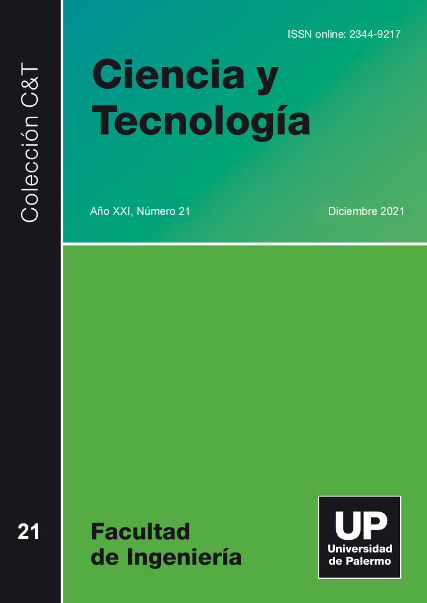Español
Abstract
Biofuels can be classified, according to the type of raw material used, into first, second, third and fourth generation biofuels. First generation biofuels are produced directly from crops, by extracting their oil, to transform it into biodiesel or bioethanol, through the fermentation process. The debate with this type of biofuels occurs because most of these are produced from crops destined for human consumption, so an increase in the demand for first-generation biofuels would lead to many crops not being placed in the food market. Second generation biofuels are obtained from inedible feedstock, such as wood, organic waste and specific crops, eliminating the main problem with first generation biofuels, offering greater competitiveness in the market in terms of their cost in relation to existing fossil fuels. Third generation biofuels use microorganisms as the raw material, while fourth generation biofuels focus on genetically modifying these microorganisms to achieve a high hydrogen to carbon ratio along with creating an artificial carbon dioxide extractor to eliminate or minimize carbon emissions. The objective of this research is to provide a broad overview of the four generations of liquid biofuels, as well as current development efforts in this field. This work concludes that the methodologies that currently exist to produce first and second generation biofuels will soon not satisfy the demand for biofuels and, consequently, resources and efforts should be directed towards the third and fourth generation, with special emphasis on the development of genetic engineering of their raw materials.
Downloads
References
The articles published in the journal Ciencia y Tecnología are the exclusive property of their authors. Their opinions and content belong to their authors, and the Universidad de Palermo declines all responsibility for the rights that may arise from reading and/or interpreting the content of the published articles.
The reproduction, use or exploitation by any third party of the published articles is not authorized. Its use is only authorized for exclusively academic and/or research purposes.









